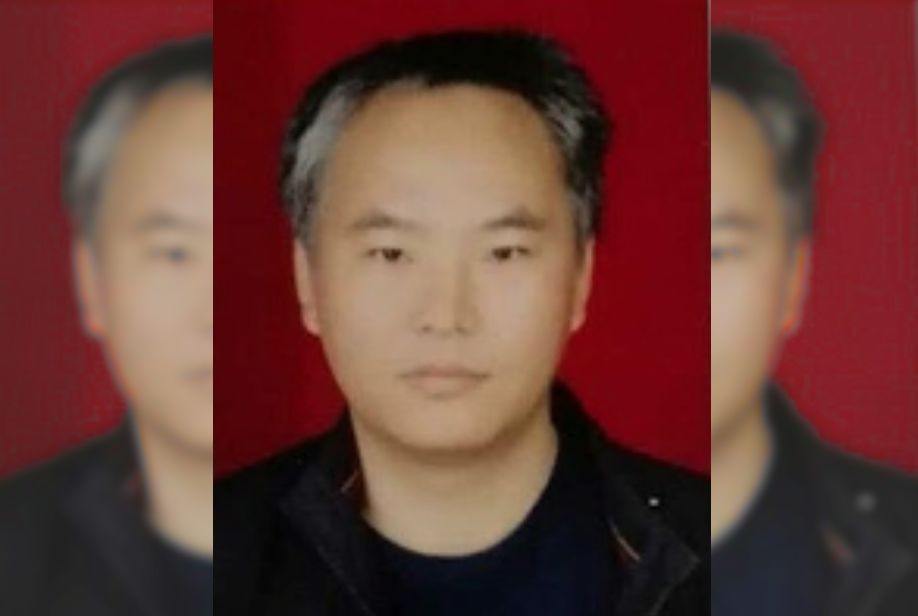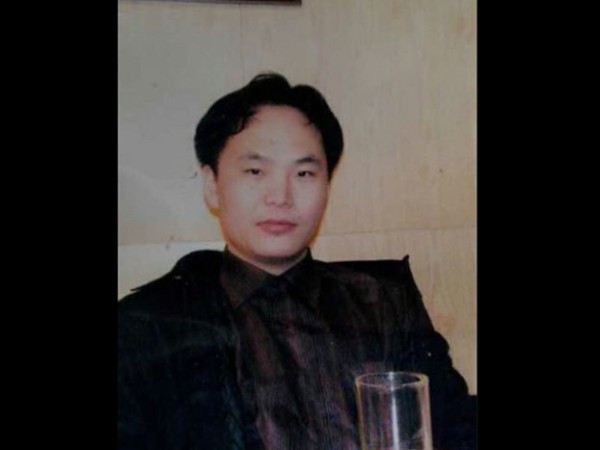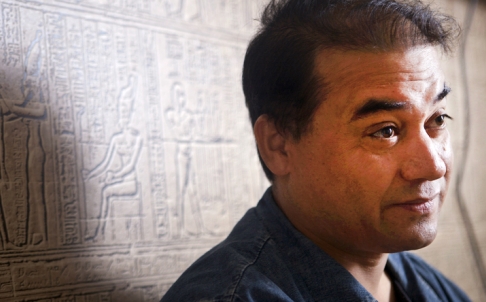A Xinjiang court has delayed an appeal by writer and activist Zhang Haitao over his 19-year prison sentence. Zhang was jailed in January for “inciting subversion of state power” after writing articles critical of the government.
The time limit for handling his case was previously extended until Monday, according to information distributed by his lawyer Chen Jinxue. Chen said he called the judge handling the case and was told that the Supreme People’s Court had approved a second extension.

“I again expressed to him a strong request for a second trial to be opened, but Judge Feng said that whether or not a second trial will be opened has not yet been determined,” Chen wrote.
Zhang penned online articles critical of government policies and gave interviews to overseas media such as US-backed Radio Free Asia. He also contributed articles to the website of a China-based human rights group. The court cited his activities in its verdict in January.
He was criminally detained in June 2015 by Urumqi police for “inciting racial hatred,” but the charges were later changed. He was sentenced to 19 years in jail in January – 15 years for “inciting subversion of state power” and a shorter sentence for “providing intelligence to those outside borders.”
Waiting game
Zhang’s wife said she was also notified of the delay after she called the judge: “I’m furious. They keep delaying it and delaying it, who knows until when? My husband is in there and his health isn’t good. I just want a result,” she told HKFP.
Frances Eve, a researcher at China Human Rights Defenders, a coalition of Chinese and International NGOs, told HKFP that the court said he “damaged ethnic minority unity and national unity,” and the verdict accused him of “colluding” with “hostile foreign forces” to accept interviews with overseas media.

“It’s unusual but not unheard of for the Supreme People’s Court to intervene in court decisions involving human rights activists,” she wrote in an email.
She said she does not know of a case where an appeal hearing was delayed, but the Supreme People’s Court has approved years-long delays in issuing verdicts for activists.
She said there is no way to know why the Supreme Court intervenes in some cases, but “it is a flagrant violation of the right to a fair trial, as the individuals are kept in detention during these delays.”
Harsher sentences in Xinjiang
Zhang, who is Han Chinese but lives in a restive area of Xinjiang, received an extraordinarily harsh sentence, said Eve.
The region, which is populated by the predominantly Muslim Uyghur ethnic group, is plagued with violent unrest that has left hundreds dead since 2009. Legislators in the region started to draft laws against religious extremism this year, and the authorities are restricting Islamic practices.

“Normally cases involving Uyghurs or ethnic minority issues in Xinjiang result in harsher sentences, with Ilham Tohti’s unexpected life sentence demonstrating how severe the courts have become,” Eve said. Economics professor Ilham Tohti was sentenced to life in prison in 2014 after being found guilty of separatism, with his classroom materials used as evidence.
“Zhang Haitao’s case is unusual in that it is one of the most severe prison sentences we’ve seen for those two charges, both of which are politically motivated and in violation of his right to free expression,” the researcher said.
